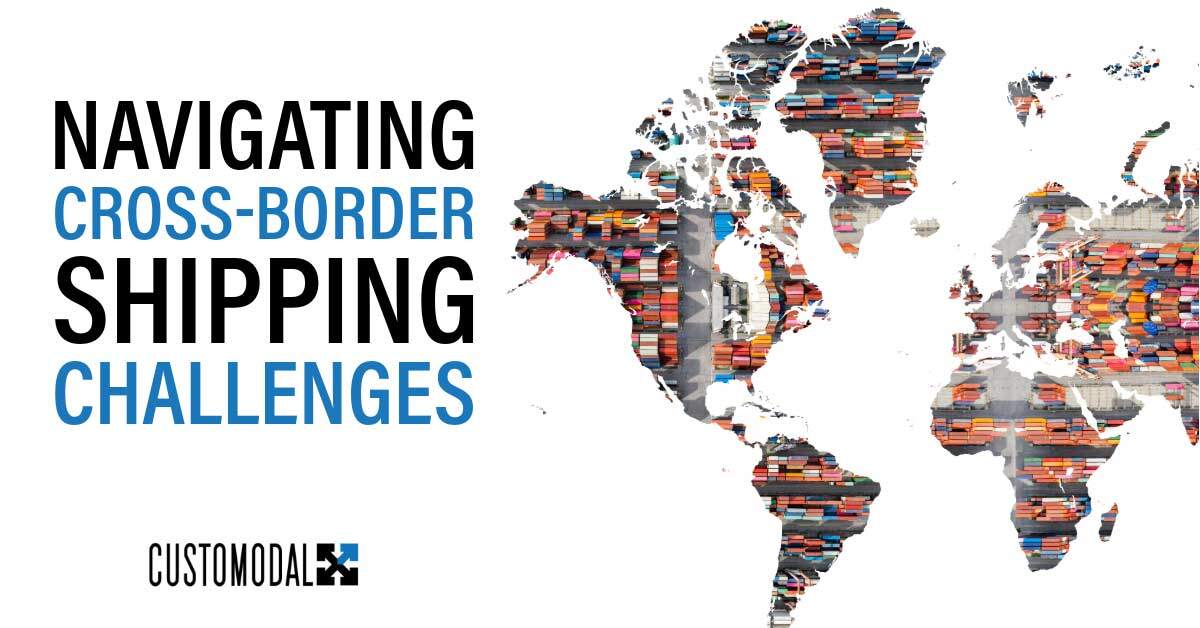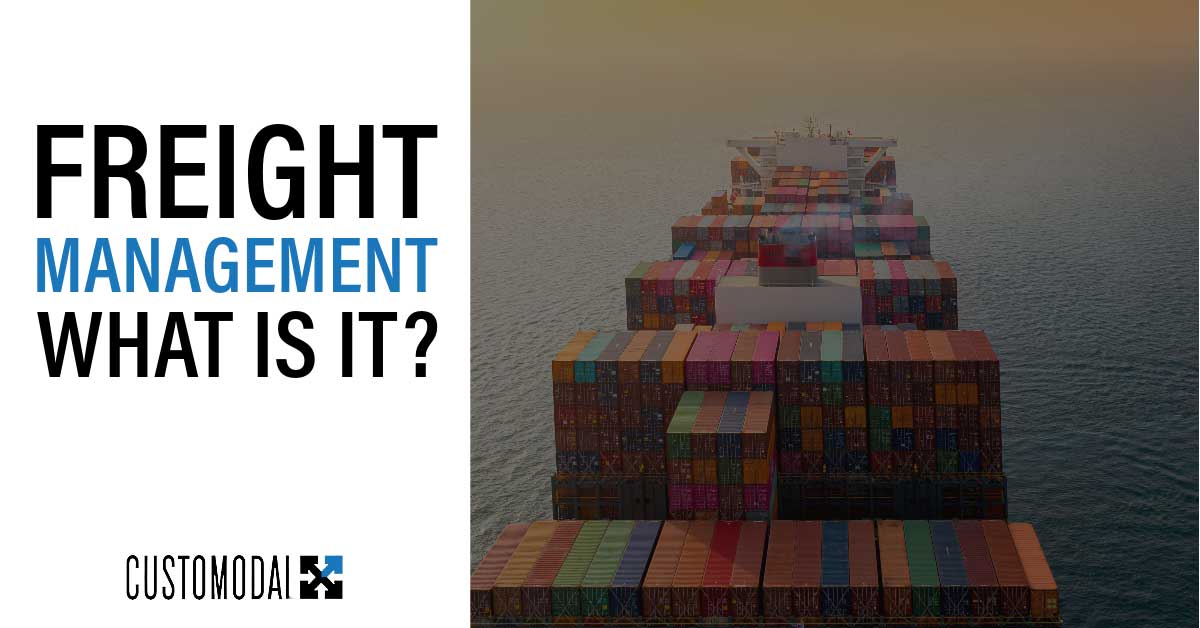
Cross-border shipping typically involves the movement of goods between countries, which encompasses both imports and exports. When goods are transported from one country to another, they are either being imported into the destination country or exported from the originating country.
In the context of cross-border Less Than Truckload (LTL) shipping, businesses may be shipping goods to customers or distribution centers located in another country, which involves the importation of goods into that country. Conversely, businesses may also be receiving goods from suppliers located in another country, which involves the exportation of goods from the supplier’s country to the recipient’s country.
Managing cross-border LTL shipments involves navigating the various import and export regulations, customs procedures, and documentation requirements specific to each country involved in the transaction. This process can be complex due to differences in regulatory frameworks, tariffs, and trade agreements between countries. That’s where logistics partners like Customodal play a crucial role in ensuring compliance and facilitating smooth cross-border transactions.
A Deeper Look at Cross-Border Shipping
In logistics, navigating the complexities of cross-border Less Than Truckload (LTL) shipping can often feel like embarking on a daunting journey. From fluctuating regulations to varying customs procedures, businesses face a myriad of challenges when transporting goods across borders. However, with the right strategies and partners in place, these challenges can be effectively managed to ensure seamless operations and timely deliveries.
Understanding Cross-Border LTL Shipping Challenges
Cross-border LTL shipping involves transporting smaller freight shipments that don’t require the use of an entire truck across international borders. While this can offer cost savings and flexibility, it also comes with its own set of challenges:
- Regulatory Compliance: Navigating the maze of regulations and compliance requirements imposed by different countries can be overwhelming. From documentation to licensing, businesses need to ensure they adhere to all relevant laws to avoid delays and penalties.
- Customs Clearance: Each country has its own customs procedures and clearance requirements, which can significantly impact transit times. Delays at the border due to incomplete or inaccurate documentation can result in increased costs and frustrated customers.
- Risk Management: Cross-border shipping exposes businesses to various risks, including theft, damage, and regulatory violations. Effective risk management strategies are essential to mitigate these risks and protect the integrity of the supply chain.
How Customodal Can Help
Customodal is a leading third-party logistics (3PL) provider specializing in cross-border LTL shipping solutions. With our expertise and industry knowledge, Customodal helps businesses navigate the complexities of international shipping, including to destinations like Canada, Mexico, and beyond.
Here’s how Customodal can assist your business in overcoming cross-border LTL shipping challenges:
- Regulatory Expertise: Customodal stays abreast of changing regulations and compliance requirements, ensuring that businesses remain in full compliance with all applicable laws. From customs documentation to trade regulations, their team of experts provides guidance every step of the way.
- Streamlined Customs Clearance: Customodal simplifies the customs clearance process by leveraging their established relationships with customs authorities. By ensuring accurate and timely documentation, they help expedite clearance and minimize border delays.
- Risk Mitigation Strategies: Customodal implements extensive risk management strategies to safeguard shipments against potential threats. From cargo insurance to secure packaging solutions, they prioritize the security and integrity of every shipment.
**Case Study: Navigating Changes in Canadian Importing
In the evolving landscape of international trade, staying informed about changes in importing regulations is crucial. Recently, significant changes have been announced in Canadian importing procedures, impacting businesses involved in cross-border trade.
Customodal is at the forefront of these developments, helping businesses adapt to the changing regulatory environment and navigate the complexities of Canadian importing with ease. Whether it’s navigating new documentation requirements or understanding revised tariffs, Customodal provides the expertise and support needed to ensure seamless cross-border operations. **
Cross-border LTL shipping presents unique challenges for businesses, from regulatory compliance to customs clearance. However, with the right partner like Customodal, these challenges can be effectively managed, allowing businesses to expand their reach and capitalize on international opportunities.
By leveraging Customodal’s expertise and specialized solutions, businesses can navigate the complexities of cross-border shipping with confidence, ensuring timely deliveries and uninterrupted supply chains.
Are you ready to streamline your cross-border LTL shipping operations? Contact Customodal today to learn more about their comprehensive logistics solutions tailored to your specific needs.



